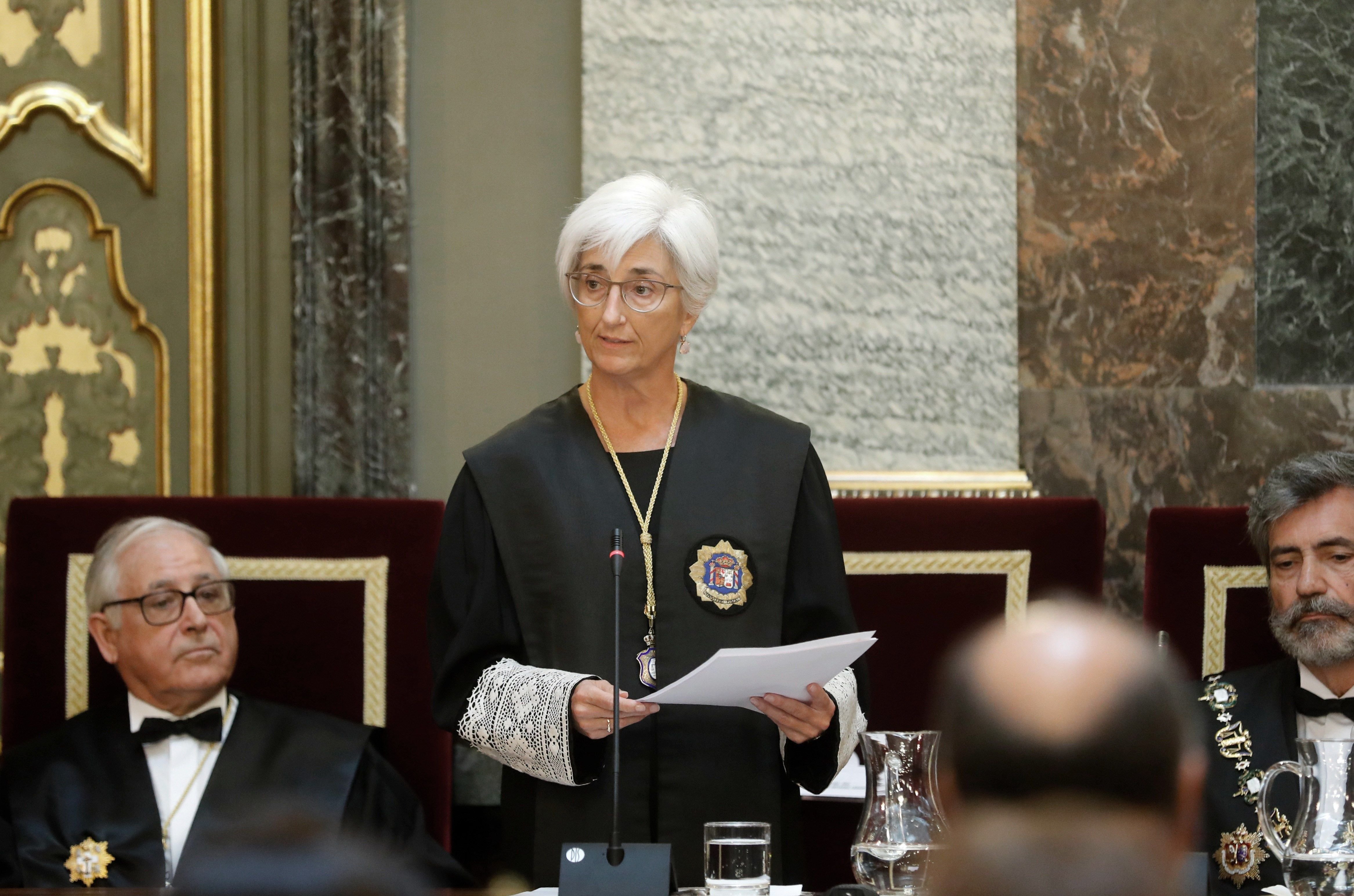Spanish prosecutors are concluding the final details of the cases they are to present against the Catalan pro-independence leaders, and not only are they planning to retain the controversial charge of rebellion, but also, they will sustain that such a rebellion actually took place, according to Spain's SER radio network.
The only small change is that the sentences which the prosecution will call for in the case will be at the lower end of the range applicable for offences of rebellion. The maximum sentence for the crime is 30 years' jail, but according to SER's sources, the prosecution will call for a 15 year sentence, a move which in no way responds to the demands made by the Catalan government and the pro-independence parties, for the release of the nine prisoners, and the dropping of charges against both them and the four other leaders accused who are now in exile in several European countries.
The provisional indictment will be presented in the next few days, and in this writ the public prosecutors are to maintain the same criteria that they applied during the mandate of Mariano Rajoy's government, in the two initial complaints that led to the investigation carried out by Supreme Court judge Pablo Llarena. The change of government and the choice of the state's new Chief Public Prosecutor, María José Segarra, has not led to any variation.
Since the beginning of the case, the public prosecutors have been the strongest backers of the rebellion charge; the accusations argued that the charge of rebellion "is firm" because "violent means were used". Both judge Llarena and the Supreme Court's appeals section have also maintained this line during the case's investigation phase.
The Spanish crime of rebellion, defined as a violent uprising, can be punished with up to thirty years of prison, and the minimum sentence that the prosecutors contempate asking for, if the accused are thought to be "principal ideologists", will be from fifteen years up, but they could ask for a lesser term if, for example, one of the prisoners is thought to be a "subordinate leader".
It is the criminal section of the Supreme Court which will ultimately decide whether or not to condemn the political prisoners for rebellion. As well as a prison sentence, they could face complete disqualification from holding political office for up to 25 years.
The thirteen Catalan pro-independence leaders facing charges of rebellion, as named by judge Llarena's ruling at the end of the investigation phaseof the case in March this year, are Carles Puigdemont, Oriol Junqueras, Joaquim Forn, Jordi Turull, Raül Romeva, Antoni Comín, Dolors Bassa, Clara Ponsatí, Josep Rull, Jordi Sànchez, Jordi Cuixart, Marta Rovira, and Carme Forcadell. However, four of these - Puigdemont, Comín, Ponsatí and Rovira - went into exile in different European countries in late 2017 or early 2018. Spanish attempts to extradite the four were dropped following a German court's rejection of the validity of the rebellion charge against Puigdemont as grounds for extradition. The other nine accused have been held in preventive prison for periods ranging from several months up to an entire year.

